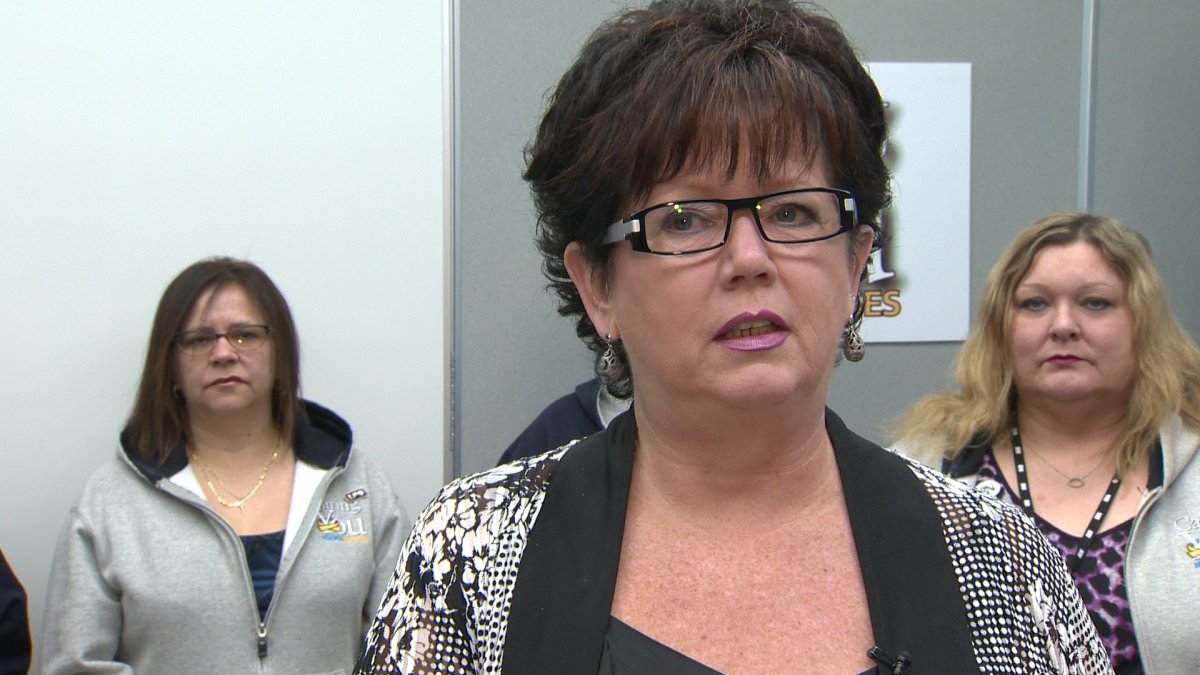HALIFAX — Nova Scotia’s army of nurses say they need some skilled new recruits to reverse rising overtime costs and chronic discontent.

An internal survey of roughly 500 registered and licensed practical nurses shows 72.8 per cent feel Nova Scotia has a nurse shortage.
Another 64.7 per cent — about two-thirds — responded they “go home after a shift and worry about the patients they left behind.”
The survey was released Monday launching Nurse Week, an event aimed at recognizing and thanking nurses for their efforts in hospitals, clinics, and communities.
More than half the nurses surveyed said “the staffing level in their workplace is unacceptable and prevents them from doing their jobs effectively.”
That shortage, says NSGEU President Joan Jessome, affects patient care and health care costs.
“You’re paying millions of dollars in overtime,” she said. “When you pay that much overtime, you burn people out. You’ve got adverse patient impact. You’ve got medical errors. You’ve got high absenteeism.”
“I have to do my care faster. My counselling faster,” said Karen Ferguson, a registered nurse.
“I have to do my injections faster. Everything has to be done faster.”
The shortage can be traced to the recent retirement of a number of veteran staff. Although Capital Health reacted by hiring 115 recent nursing graduates, those new staff must now undergo a three-month job shadowing process.
Current nurses say they look forward to having the extra help, but in the short-term, teaching the new hires is weighing heavy on already-overburdened medical staff.
“It’s like 12 hours of non-stop talking plus looking after patients,” says Joanne Fairfax, a registered nurse.
Officials from Capital Health say they have their eye on the problem.
“We’re tracking this all the time,” says Kathy MacNeil, a vice president at Capital Health. “Watching the ebbs and flows in the retirements and the new hires.
“I don’t think that there’s any one answer. It’s a very complex issue.”




Comments